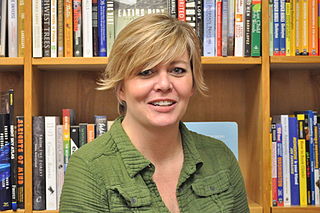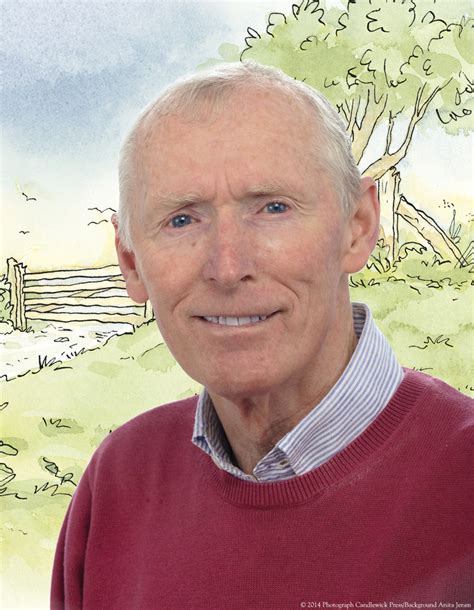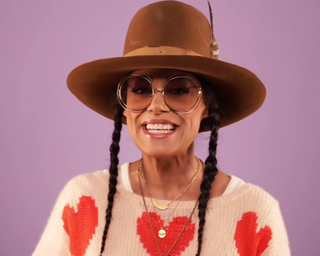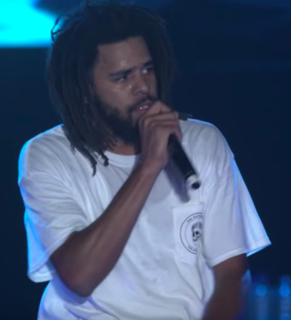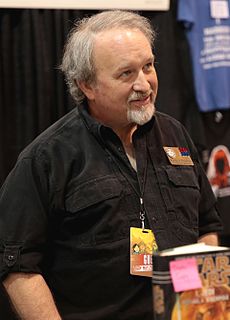A Quote by Lisa McMann
I had one of those defining moments in the fourth grade when my teacher said the story I wrote was the best in the class, and therefore I would be going Young Authors Conference where I'd get to hang out with authors all day.
Related Quotes
Teachers and librarians can be the most effective advocates for diversifying children's and young adult books. When I speak to publishers, they're going to expect me to say that I would love to see more books by Native American authors and African-American authors and Arab-American authors. But when a teacher or librarian says this to publishers, it can have a profound effect.
People often ask authors where their ideas come from, and often authors say they don't know. But I do know about this one. Once upon a time, my wife and I had three small children -- two boys and a girl, just like in the story. And when they were young, we used to tell them a story very like YOU'RE ALL MY FAVORITES.
If the rewards to authors go down, simple economics says there will be fewer authors. It's not that people won't burn with the passion to write. The number of people wanting to be novelists is probably not going to decline - but certainly the number of people who are going to be able to make a living as authors is going to dramatically decrease.
The teacher always used me as an example to the class of good English and good storytelling because we all had to write the same stories. But she used to make me go out front - which I hated - and read my story to the class and I would get huge applause. Not because of who I was but because they truly enjoyed the stories I wrote.
Most of my teachers wanted to send me to the principal's office. But my fourth-grade teacher once put her arms around me and said, 'You sure write well.' And I've had good penmanship until this day. She was the only one who ever said anything nice to me. That's the kind of motivation that students need.
I started playing violin in the 5th grade. They had a program in school where you could get out of class to go play instruments. So I raised my hand, left out of class, me and a bunch of my homeboys, just to get out of class for that day. They asked what instrument you wanted to play and I picked the violin.
My teacher in the seventh grade told me that if I didn't fool around during class, I could have 15 minutes at the end of the day to do a comedy routine. Instead of bugging everybody, I'd figure out my routine. And at the end of the day, I'd get to perform in front of my entire class. I thought it was really smart of her. It's amazing how important that was.
When I started writing, the deal was that publishers gave you a grand or two as an advance to buy some sweets, with the promise that they would make a big putsch with your fourth book when you'd built up a bit of a following. But by the time my fourth book came out, previously unpublished authors were the new big thing.
